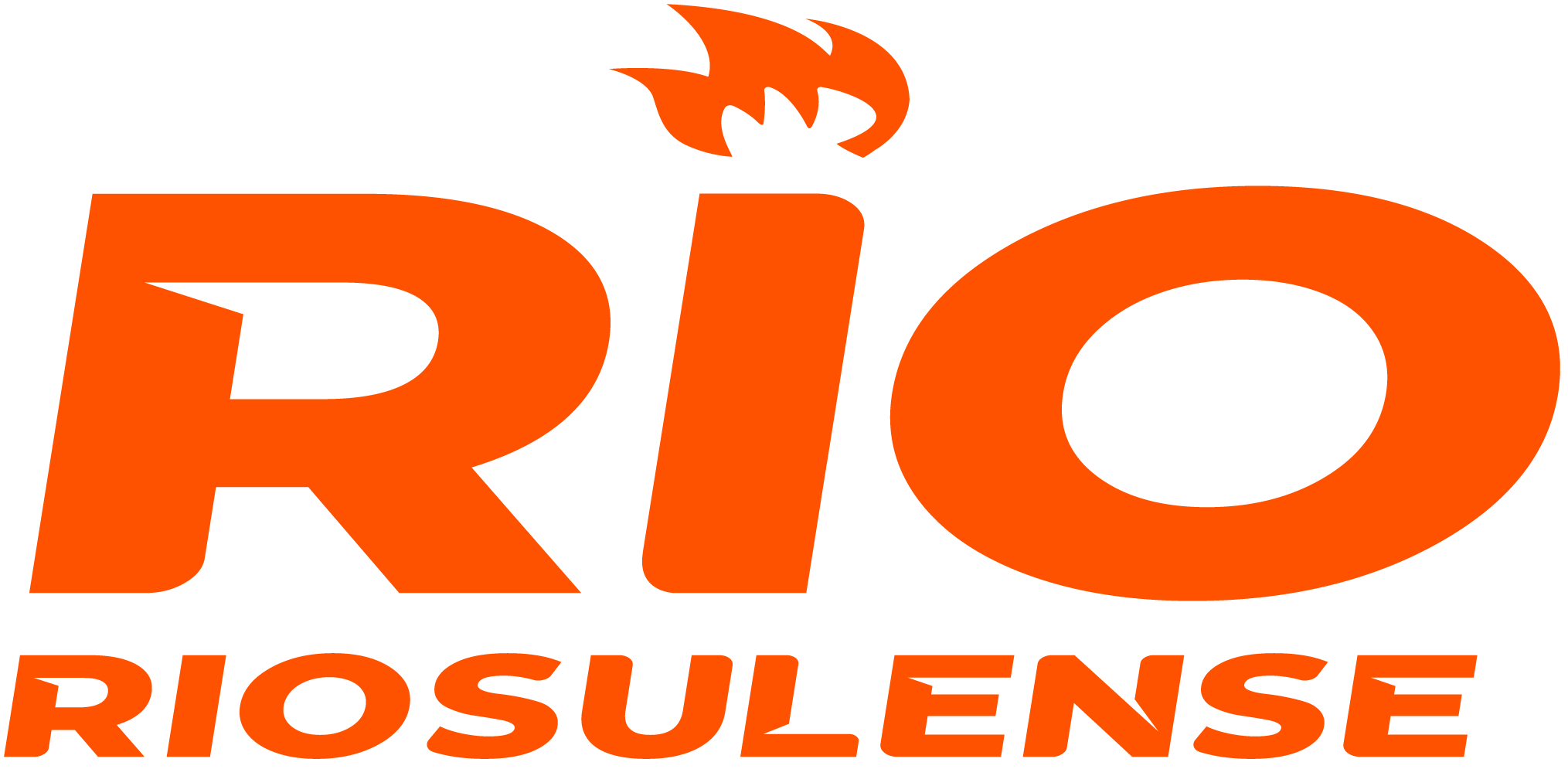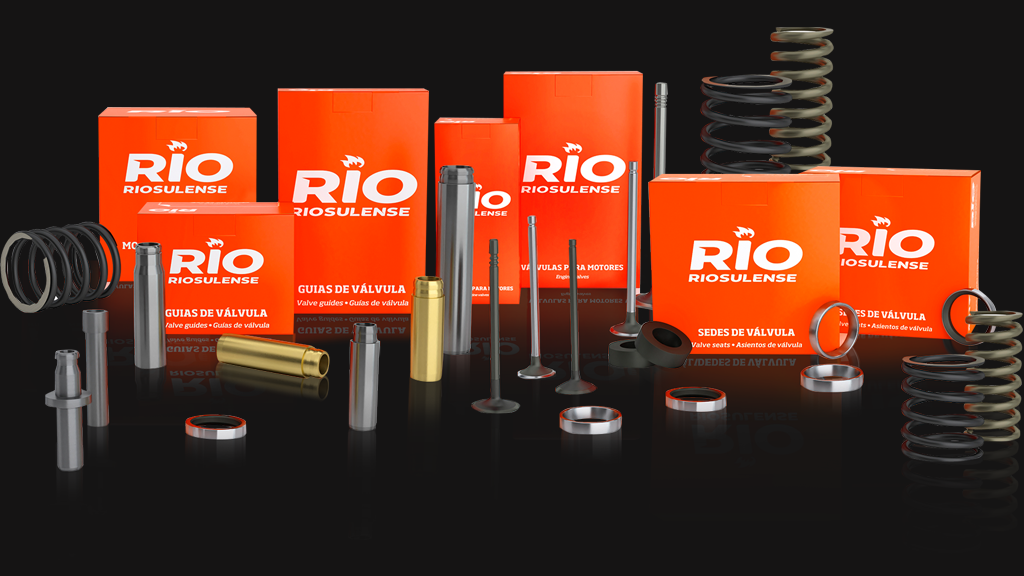We know that trucks and other heavy vehicles require extra attention when reviewing. After all, their engines go through much more extreme uses than passenger cars. And in the list of essential items for good maintenance, the correct choice of lubricating oil for diesel engines certainly occupies a prominent position!
It may seem like an exaggeration, but the truth is that not all oil guarantees adequate engine protection, nor is it capable of providing the performance desired by those behind the wheel. But rest assured: we have prepared a practical list with some aspects that must be taken into consideration when choosing the ideal option for this very important item!
Understanding the Role of Diesel Engine Lubricant
First of all, it is worth understanding the importance of choosing a good lubricating oil for diesel engines in the routine of a mechanic shop. That’s because the repairman knows that lubricant is a mandatory replacement item. This means that, after a certain period, or if the vehicle runs a specific mileage, the engine oil change must be made.
So far there is no secret: checking the oil level, replacing it correctly and knowing how to fix leaks is part of every mechanic’s routine. However, many drivers only worry about changing the engine oil when a different light appears on the dashboard, and thus the task of chasing after the damage is left to the mechanic.
Especially when we talk about heavy-duty vehicles, as the wear of components in trucks, buses and vans happens much faster in this type of engine. This means that the shop is responsible for changing the lubricant — and as each engine type has a different recommendation by the manufacturer, it’s important to ensure the right oil is available.
Not to mention that, contrary to what many people think, the function of oil is not limited to just lubricating the engine’s moving parts, such as pistons and connecting rods. In practice, a good oil should also reduce the wear of parts over time, help cool the hottest components and also seal the engine against a possible passage of gases from combustion.
In addition to these points, working with a good lubricating oil is important because quality products are effective for longer. Thus, your customers can go longer without an oil change, creating long-term savings. Keep in mind that, in addition to reducing oil and filter expenses, it also means that the vehicle does not need to be stopped frequently to perform this type of maintenance.
Check out 4 steps to make the ideal choice
Anyone who works with mechanics and automotive repair already knows that most vehicle manuals have an indication of specific lubricant for each engine. That’s because automakers often carry out thousands of tests to find the ideal lubricant for a particular car. However, even among the indicated brands it is important to make a judicious selection, which is why we have brought together in this article the four pillars of a good lubricant for diesel engines! Check them out:
- Composition
First and most absolute rule for diesel engines: a good lubricating oil must contain, in its composition, the right additives to ensure maximum performance in the application and during the use of the vehicle. Therefore, consider oils that contain anti-corrosion, antioxidant, anti-wear, anti-foaming, and viscosity-enhancing effects. These additives will make all the difference in daily performance!
- Type
The type of oil used in the engine also plays an important role when choosing the product. They are generally divided into synthetic oils, mineral oils and semi-synthetic oils. The mineral is one of the most suitable for diesel engines, although it requires more constant changes. For those who want a longer interval between renewal, synthetic oils are good options, as long as they are associated with quality fuels!
- Viscosity
Another particularity of diesel engines that influences the choice of the ideal oil is the time it takes to reach all the places that need lubrication at the time of engine startup — in diesel engines, this process needs to be faster than in others. In this regard, high viscosity is extremely important and therefore multi-viscosity lubricants should be preferred in the workshop!
- Quality
Finally, don’t forget to assess the overall quality of the oil. Keep in mind that different companies in the industry carry out different quality tests, all to assess issues such as performance, wear, oxidation rates and various other aspects that influence your ability to lubricate engine items. It is worth evaluating which tests the product has undergone and the subsequent results!
You’ve already seen that opting for low-quality products is a dangerous choice: problems can arise and the performance of your customers’ heavy vehicles can suffer, affecting the credibility of your workshop. Oh, and that goes for everything from the ideal choice of diesel engine lubricant to the quality of parts and components used in your routine maintenance!
The good news is that, here at RIO, you will find a complete portfolio of spare parts designed just right for any need, with modern casting and finishing processes and resistant metal alloys that improve your engine’s performance! Then visit our website, discover our solutions and impress your customers with the very best in automotive spare parts!



